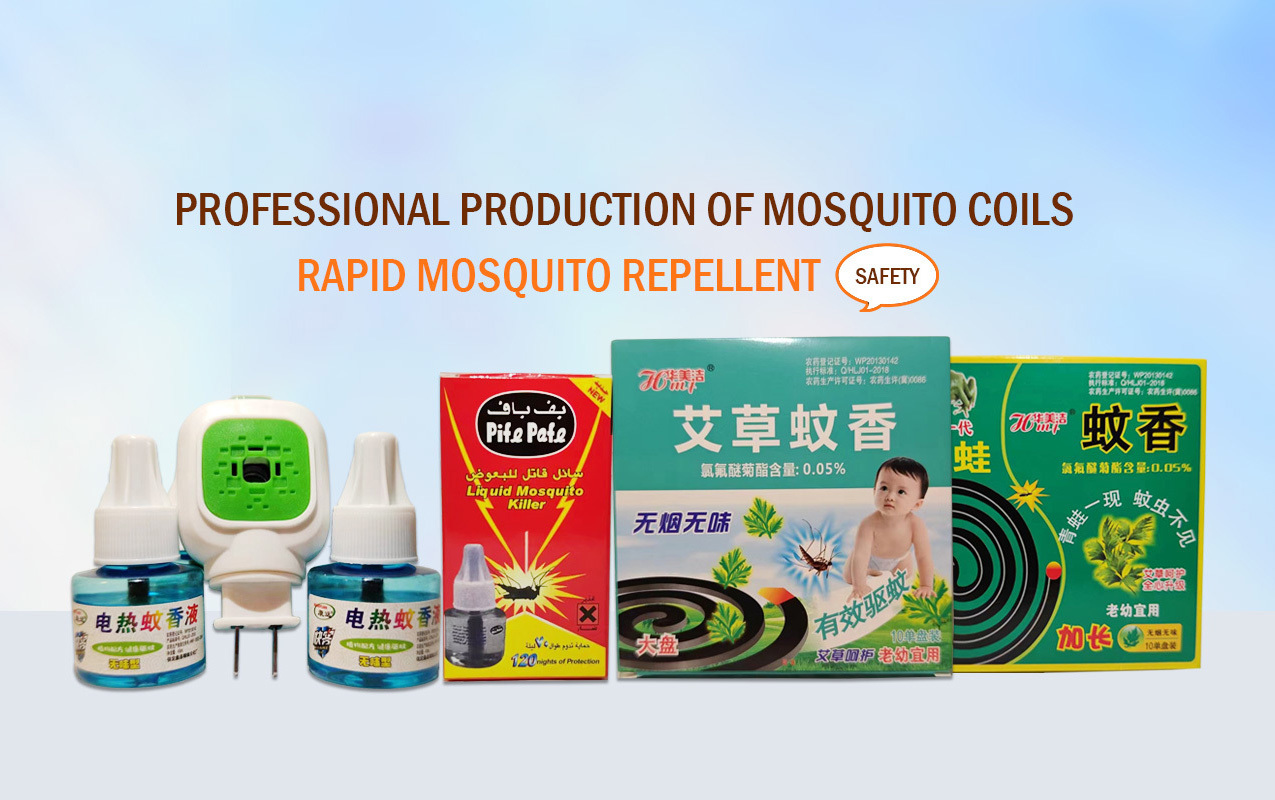The Ultimate Guide to Insect Killer Sprays: Protecting Your Crops Effectively
2025-04-17

Insect killer sprays are valuable tools in the agriculture sector, particularly for farmers and gardeners seeking to protect their crops from various pests. These sprays are formulated to target specific insects that can cause significant damage to plants, ensuring that your crops remain healthy and productive. Understanding how these products work and how to use them effectively is crucial for successful pest management.
The primary function of insect killer sprays is to eliminate harmful insects that can damage plants. Many of these sprays contain active ingredients that disrupt the nervous system of pests, leading to their demise. Additionally, some formulations are designed to deter insects from feeding on plants, thereby reducing the likelihood of damage. These sprays can be categorized into several types, including contact insecticides, systemic insecticides, and insect growth regulators, each serving a unique purpose in pest control.
When using insect killer sprays, it's essential to consider the timing of application. Early morning or late afternoon is often the best time to apply these products, as many beneficial insects, such as bees, are less active during these hours. Furthermore, applying insect killer sprays during calm weather conditions can help prevent drift and ensure that the product reaches its intended target effectively.
Safety is another crucial aspect to keep in mind when using insect killer sprays. Always read the label carefully to understand the proper usage guidelines and recommended safety precautions. Wearing protective gear, such as gloves and masks, can help minimize exposure to chemicals. Additionally, it's important to ensure that the product is applied in a manner that minimizes harm to non-target species, including beneficial insects and pollinators.
Incorporating integrated pest management (IPM) practices can also enhance the effectiveness of insect killer sprays. IPM involves using a combination of biological, cultural, and mechanical control methods alongside chemical treatments to manage pest populations sustainably. By employing various strategies, you can reduce reliance on insect killer sprays and promote a healthier ecosystem within your agricultural practices.
In conclusion, insect killer sprays play a vital role in safeguarding crops from pest damage. By understanding their function, timing, and safety measures, you can utilize these products effectively to protect your plants. Remember to integrate these sprays into a broader pest management strategy to achieve long-term success in agriculture. As you explore your options, consider how insect killer sprays can fit into your overall approach to maintaining healthy crops and a thriving agricultural operation.
Recommend News
Contact Us
Leave Us A Message


